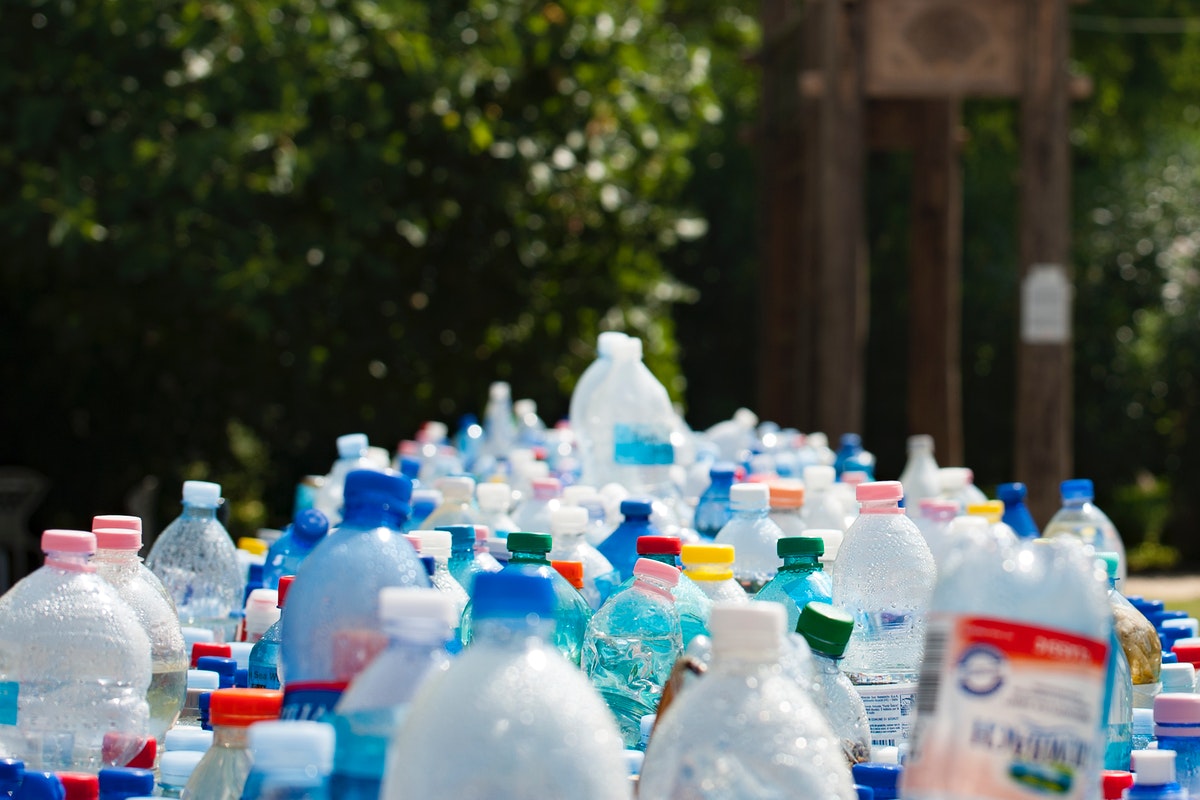
Sustainability continues to be an essential concern in the plastic manufacturing industry regarding packaging decisions. Reducing the overall amount of solid waste and plastic discards is necessary for plastic recycling success. Brand owners and business owners have an opportunity to make a difference by setting an example from within the workplace.
The versatility of plastic materials offers many benefits in helping people live efficient, clean, and healthy lifestyles. However, it is crucial to understand that the life cycle of plastic products does not end when they are placed in a recycling bin or garbage can. Recycling has a positive economic and environmental effect on the world around us. Consumers need to understand the difference they can make by recycling plastic products.
Plastic product consumers have the opportunity to make a real difference in the world, and brand owners and corporations should lead this charge. Businesses that use a comprehensive recycling approach can cut expenses on waste management, generate more profits by selling recycled plastic products and reduce their hazardous waste output. It is important to note that recycled plastic is gradually gaining demand in many specific markets. Our experts offer these five benefits of plastic recycling in New Jersey for businesses and the effects the recycling process can have on the environment.
Creating products from recycled plastic materials requires far less energy than manufacturing plastic from scratch. The energy saved can serve other critical economic requirements in our country. Recycling plastic also conserves other precious natural resources like petroleum, natural gas, water, and coal needed during the manufacturing process for new plastic materials. For example, nearly 40% of petroleum consumption is reduced by recycling old and discarded plastic waste.
Greenhouse gases often cause increased pollution levels in the environment. The world's effort to mitigate climate change often centers around the release of greenhouse gases, which is a driving factor in our ever-changing climate. Petroleum is burnt when manufacturing plastics and releases massive amounts of greenhouse gases into the environment. Directly reducing the release of hazardous greenhouse gases into the air is possible through the plastic recycling process.
Aside from contaminating soil, water, and land with harmful chemicals, plastic waste is often responsible for thousands of animals dying in water, the sea, and on land due to ingestion. Therefore, reducing the sheer quantity of plastic waste in our environment is a byproduct of plastic recycling practices. This process allows humans to save many animal species crucial to the food chain and reduce pollution in the environment.
Single-year demand for plastic materials requires the use of millions of barrels of crude oil. The single most sustainable option for reducing the consumption of fossil fuels comes in the plastic recycling process. Significantly reducing the consumption of crude oil and recovering massive amounts of raw materials that would have been used in the manufacturing process is possible through the recycling of plastic. Producing new plastic materials also requires excessive amounts of energy. Stanford University reports that recycling one ton of plastic can save enough energy for seven months of powering a typical household.
Space within landfills and landfill sites is diminishing quickly. Each day the value of habitable land rises due to the growth of the human population. A massive amount of landfill space can be saved through recycling and reusing plastic materials. For example, recycling one ton of plastic can save 7.4 cubic yards of space in a landfill.
It promotes sustainability.
A community's lifestyle is significantly impacted by the businesses in their area. Businesses and stakeholders have the opportunity to help conserve the environment by promoting the positive effects of recycling and reusing plastic and creating awareness within their communities. Plastic recycling waste management technological advances are beginning to improve the process. Plastic recycling in New Jersey has become relatively easy even for industry-level companies. We can make giant strides in preserving our environment if businesses integrate well-developed strategies for reusing and recycling plastic in their approach to waste management.
Recycling plastic to help conserve the environment should be the main focus of your business.
The benefits of recycling plastic are easy to see. If individuals and businesses work together to do their part, we can all make the world a better place to live.